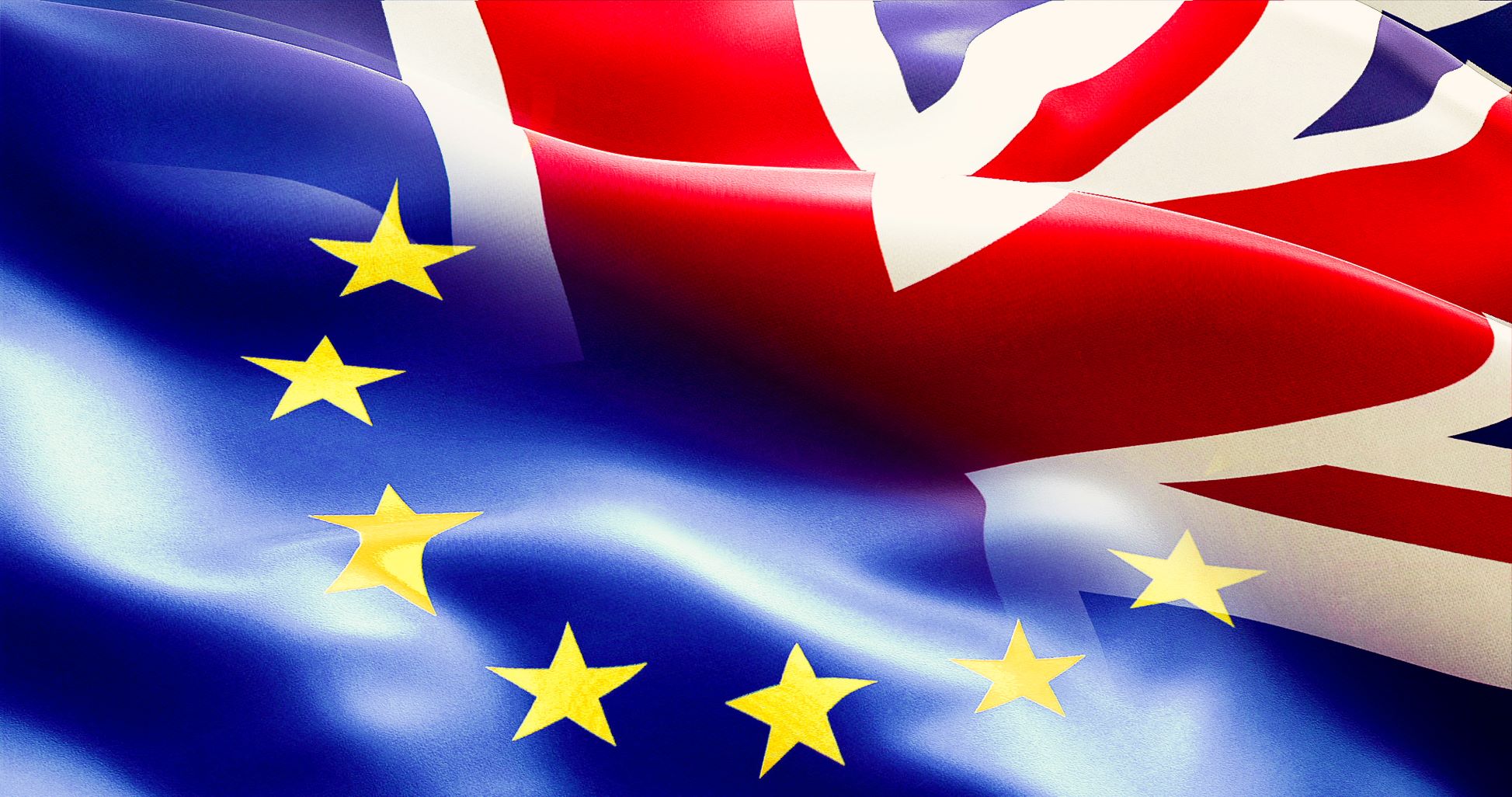Brexit is over, the deal is done. Whether we like it or not, we must keep looking ahead. As the UK carves out a new role on the world stage, there's never been a better time to set out our stall, argues Caron Bradshaw.

Something happened on 31 December that in usual times would have dominated the conversations in the run up to that date. But it passed without much of fanfare and little hoo-ha.
I am, of course, talking about Brexit. Whether you are a fan or an opponent to this critical political decision, there is little doubt that it has and will continue to fundamentally change our engagement with mainland Europe the foreseeable future.
Of course, we’re not leaving the continent and those pre-existing relationships with our counterparts in Europe should continue to be nurtured. If the last year has taught us anything as a sector it is that together we are stronger. It has taught us, that when we work in partnership for the common good so much more can be achieved. And that, I am certain, remains the case for social change outside of these shores.
I suspect opinions on the issue will remain divided for years to come and whatever happens in either direction will be cast as proof that it was a good or bad idea! This does little to move the story forward. As citizens, we should remain free to express our opinions and if we think this is the wrong decision, free to hold those in power to account for what has happened. As organisations, our focus should also shift to working with what is, even when it might not have been what we would have wished for.
As you will know, CFG did not take a position on whether leaving the EU was sensible or not. We have done our best to navigate the options post-referendum and to mobilise charities to speak up about how the reality of exiting would impact their beneficiaries.
Politicians, throughout, complained that they heard little from the sector and I fear that too few will speak up now the deal is done. If we remain silent, we will be letting those we serve down.
I don’t intend to go through every aspect of the deal; I shall leave that to my team who have waded through the detail and given thought to the various possible elements.
However, I did want to share some observations, to view this through the lens of our communities, to encourage you to get involved and to make your voices heard.
How do we ensure that the mechanisms that will bring effect to the new operating landscape with our partners in the EU is not only framed with business and wealth creation in mind?
How do we ensure that our role in creating what comes next should be pivotal?
The deal makes very little reference to civil society. Of course, one might consider this logical as it is a ‘trade’ deal. However, directly or indirectly, every aspect of the deal could impact on what we do and those we serve. Whether environmental or human rights, gender, race or other areas of equality – there’s plenty still to be negotiated and it’s open to influence.
From CFG’s perspective, there are some significant areas of operation that we would like to shape. The replacement of state aid for a yet to be determined ‘modern subsidy system’, the development of procurement and commissioning rules, and the tax regime, to name but three.
Within the deal, the EU and our government have agreed to a Civil Society Forum to “conduct a dialogue on the implementation of part 2” of the agreement. The details are sparse; that the forum shall meet at least once a year. It shall be open for participation to independent civil society organisations including members of ‘domestic advisory groups’.
The parties shall promote ‘balanced representation’ which will include non-governmental organisations, business and employer’s organisations and trade unions active in a wide range of areas from economic development to human rights. But crucially, the guidelines for the conduct of the forum are yet to be compiled.
You may be sceptical as to what this forum or these groups will achieve. And it’s certainly true that if the ‘meet at least once a year’ becomes 80 organisations in a room for a few hours annually, little will be achieved.
However, if we fail to push for change or pull the levers available to us, we cannot complain if the resulting frameworks and approaches fail to serve. We have nothing to lose and everything to gain, so get involved and press for change.
Tell us how you feel about Brexit in our short survey! Your answers will help us to understand how charities are affected by the UK/EU Agreement and how CFG can help. Complete the survey now.
